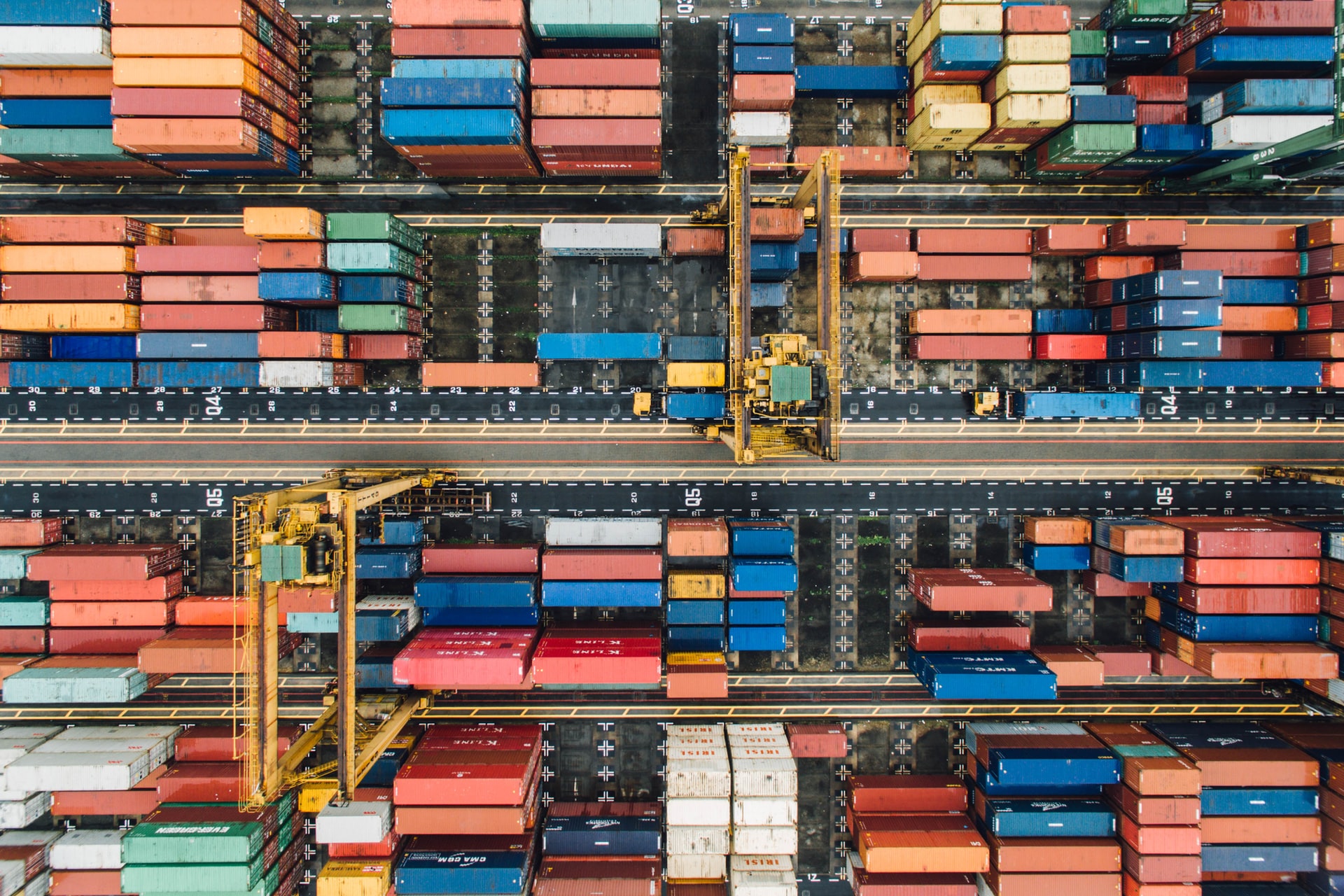Around 11 billion tonnes of goods per year are transported through shipping. However, the delivery of the cargo is fraught with high risks.
One of the major challenges of cargo transportation is lost containers. They not only obstruct the water lanes but also cause huge water pollution. The scenario may become worse if they’re carrying any hazardous material.
Also, goods may arrive spoiled or damaged at their destinations because of unsustainable shipping. It may be due to unpredictable weather, sub-optimal internal ambience of the container, etc. It leads to huge financial loss as well as puts a question mark on the reputation of the shipping company.
Making shipping containers smarter:
Smart containers are one of the best ways to create a more efficient, safer and sustainable shipping supply chain. Smart Containers are much like regular containers, but are pre-installed with sensors.
The logic behind equipping containers with an array of sensors is that they can collect real-time data about everything. They can detect the exact temperature inside a container, its exact location, the movement of the cargo through water, etc.
Channelising Big Data for Sustainable Shipping:
Collecting and analyzing the real-time data can help us to optimize the supply chain. The information from sensors is highly accurate and reliable. GPS technology helps to know the location of the container, allowing better fleet management.
It results in less repositioning and more efficient use of fuel. According to a study, around 20 billion a year is spent on the repositioning activity that leads to unnecessary fuel consumption. More usage of fuel adds to the cost of shipping which has to be borne by the end-user. Moreover, it also leaves a huge carbon footprint, making the entire logistics chain unsustainable.
A research report from the Boston Consulting Group has previously estimated that avoiding empty container shipping could allow the industry to reduce carbon emissions by six million tons per year. This can only be possible when the shipping cargo can be tracked accurately. Smart Containers help in such risk management, making the supply chain more sustainable.
The data generated using IoT can also ensure that fleets avoid potentially hazardous patches of weather that could result in cargo being thrown off board. It is a major issue that can cause significant environmental damages. The to-and-fro trips can be planned intelligently by analyzing the data generated by the sensors.
Lost containers represent a highly diverse source of pollution. They pose a huge threat to ecological life and habitats if the goods spill into the sea. Mor
The existing manual method of tracking the progress of containers means information shared with customers or port operators is usually outdated, which makes it difficult to predict when ships might arrive at their destination. This can lead to disruptive bottlenecks in the supply chain that can cause unnecessary delays and congestion during the unloading process. This can result in a significant shortage challenge, which countries are increasingly having to face as a reality. Critically, these issues can be avoided in part if data is fed into digital shipment records on time.
“Smart containers create a lot of data, which can ultimately optimise the supply chain,” says Kollmann. “Estimates suggest that there can be a $7 billion cost-saving by creating a more optimised process.”
The sustainability advantages go further. Sensors can also analyse and regulate conditions within the containers. This can ensure that cargo sensitive to temperature, for instance – like food – is not spoiled during the journey.
In 2020, the European Union approved new regulation on electronic freight transport information, in a bid to support the digitalisation of the industry, with a view to enhancing sustainability by reducing paper usage, and bolstering the energy efficiency of operations by ensuring all stakeholders have access to the most relevant data. Meanwhile non-governmental organisations such as the Digital Container Shipping Association are aiming to establish “standards for a common technology foundation” with open protocols.
Digitalisation and big data will be increasingly important in a post-pandemic world in which the industry’s customers are focusing on the sustainability and efficiency of each part of their supply chain. Much of shipping’s sustainability will come down to its willingness to reduce carbon emissions, of course, but digitalisation of the entire logistics network will also play a vital role.
